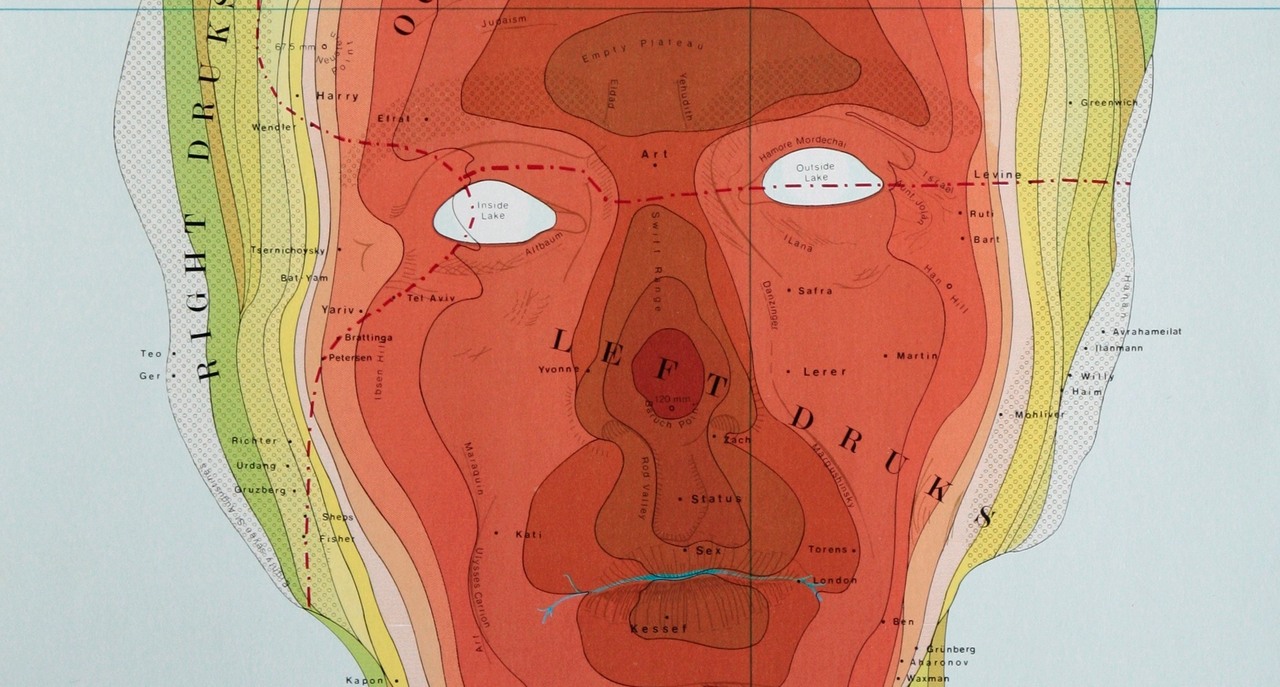We recently came across this interesting article about "Teaching medical students to challenge ‘unscientific’ racial categories." Anthropologists and other critical social scientists have long known that even though race is a social construction, it can have very real impacts in people's lives -- including in accessing health and healthcare.
This article explores how medical students continue to be taught to use racial stereotypes based in biology as shortcuts for diagnosing and treating illness. It also follows the work of Dr. Brooke Cunningham, a physician and sociologist, who challenges these harmful practices in teaching medicine. For Dr. Cunningham and others, the point of these reforms is to push medical students and future health professionals to think critically about race, and how these social categories impact individual health through lived experiences and structures of inequality.
“It’s not that race is irrelevant to health, but it’s not relevant to health because of innate differences. It’s relevant because racism affects people’s health.”
Although medical students are often repeatedly told throughout their education that race should be approached critically and understood as a social not biological construct, what's telling are the reactions of students to Cunningham's lecture based on the authority of medicine over social science:
Students who attended her recent lecture on race said Cunningham’s medical degree gave her added credibility.These insights raise some important questions to consider in how anthropologists and other social scientists might consider communicating their findings in applied contexts. How might we think about how social science evidence and arguments are interpreted by those we wish to influence, in order to be more persuasive? In order to create social change in applied contexts -- like medical students' training -- should we draw more on the the authority of critical social scientists who also have the clout of a medical degree?
“I think if she was just a social scientist, I would be more skeptical of whatever perspective she would bring to the conversation,” said Mac Garrett, a first-year medical student.
Quick links and further reading:
- Teaching medical students to challenge ‘unscientific’ racial categories (10 March 2016, Stat)
- You might want to check out our links to anthropologists working in the health professions on our Applying an anthropological perspective outside of university page

